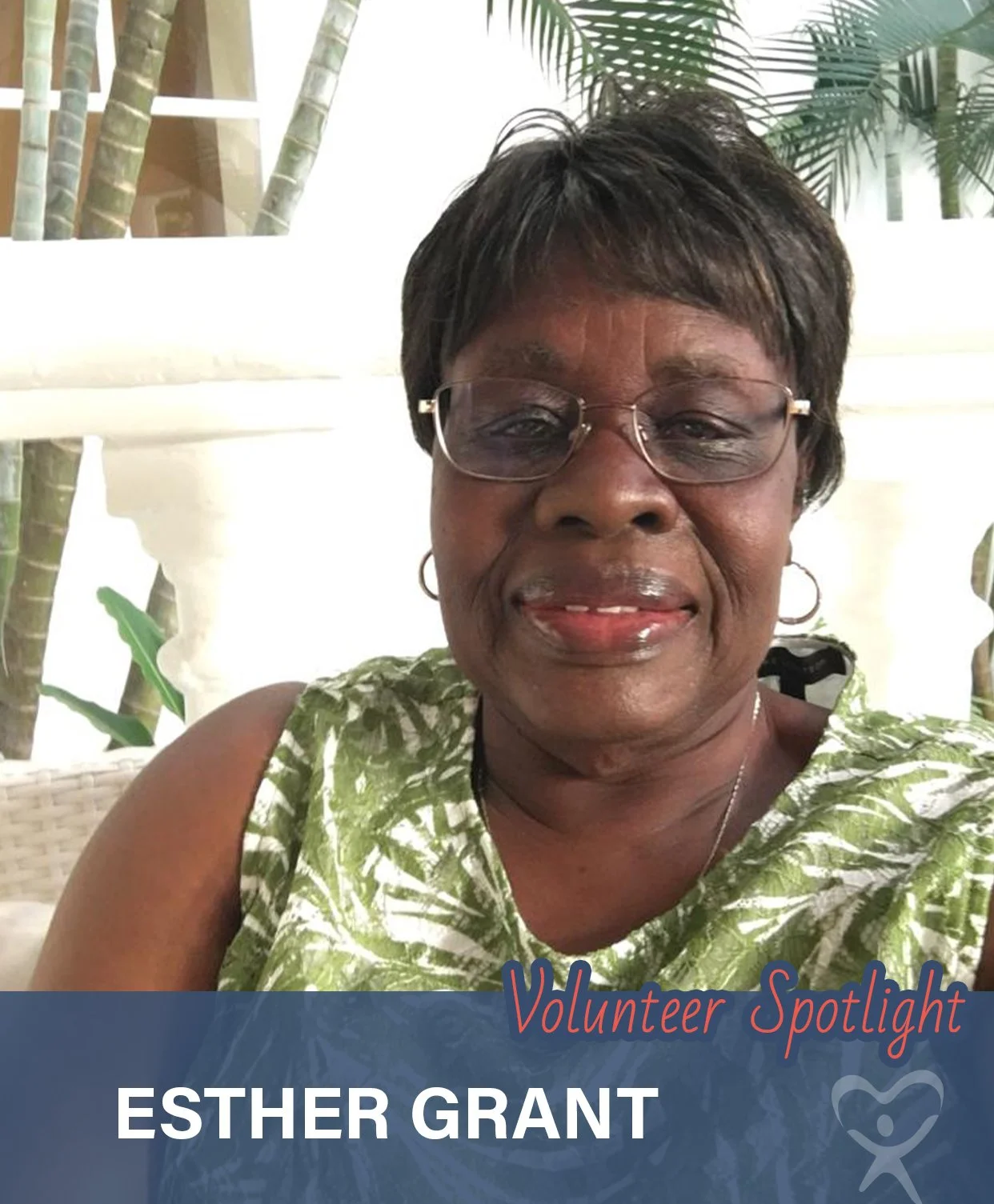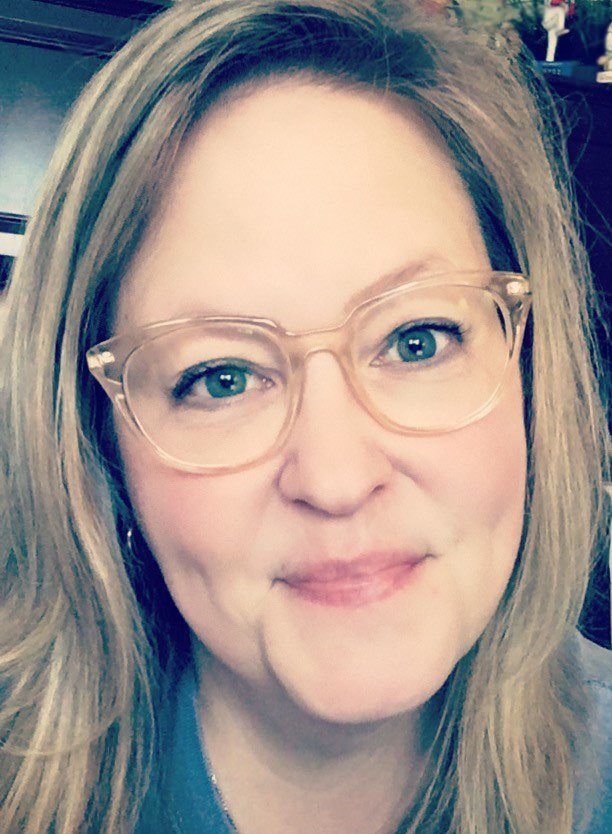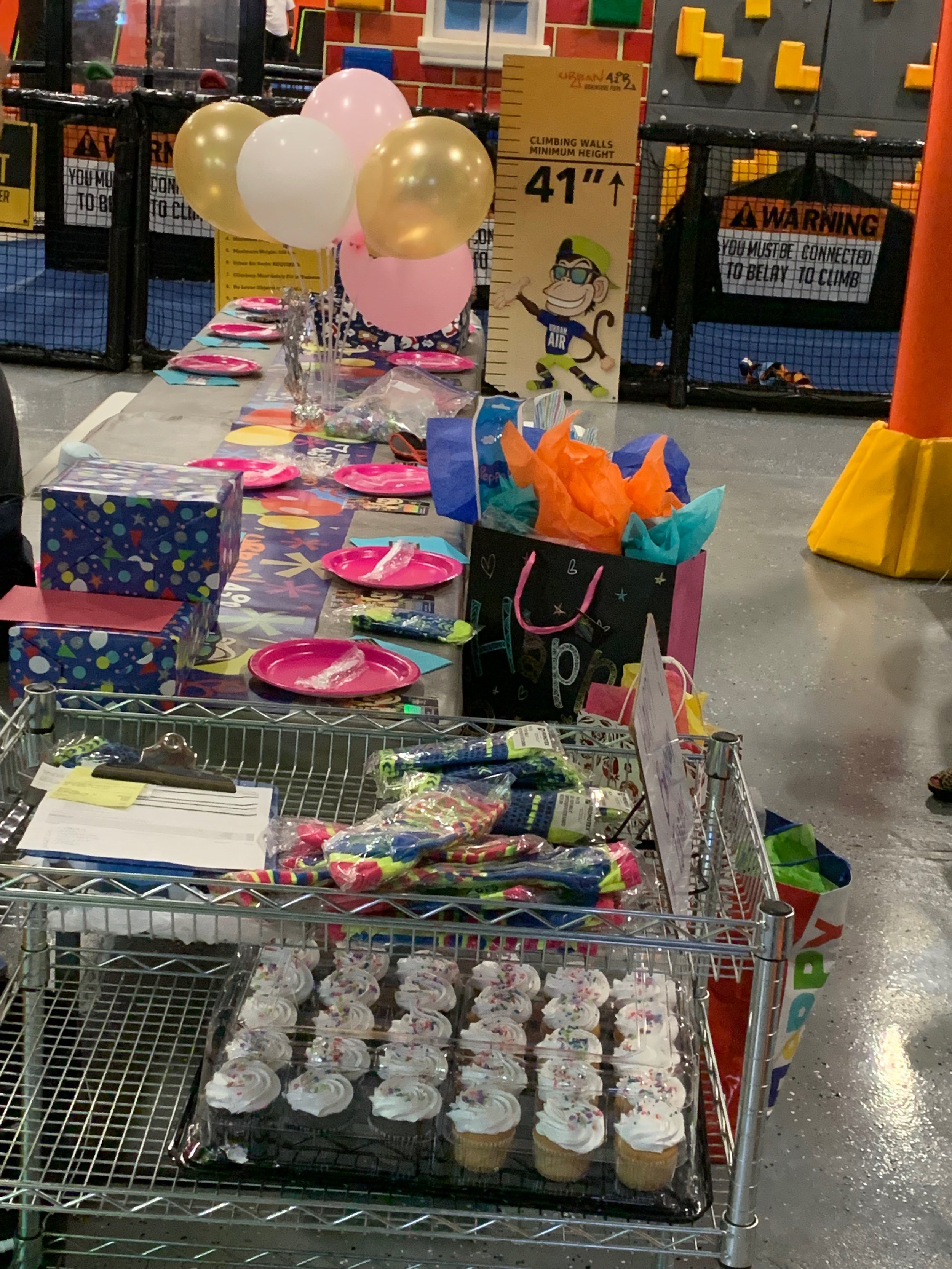Written by Donor Relations Manager, Victoria Bittmenn
A friend of mine is a nurse at a local hospital in Fort Worth. While she was asking her routine questions her patient rattled off the prescription medications he was on. She then confirmed and asked if there were any additional medications he can think of, which he replied confidently “no”. At that time a colleague of hers asked her opinion on medicine that’s meant to help with their patients’ battle with depression – something about the pill count and the chance of it reacting negatively to the pain medication they were about to prescribe. Once she helped her colleague, she went back to her patient and started to leave to retrieve the doctor, but then the patient said “Wait, I’m on the same medication as the other patient!”. The nurse looked at him curiously and asked why he didn’t disclose that originally, to which he replied, “I didn’t think it counted”.
There are constant conversations around high blood pressure, diabetes, heart attacks, and other illnesses. In fact, there are more than a billion people1 who have high blood pressure. But did you know there are almost a billion people who live with mental illness too? Why aren’t we hearing more about these individuals?
We all know that during the COVID-19 pandemic, it was hard staying at home, taking care of children, working from home, taking care of ourselves, and balancing it all. We realized during the height of the pandemic how crucial mental health is. The children navigating foster care struggled immensely. Up to 80% of children in foster care face significant mental health issues 2 compared to about roughly 18-22% of the general population. As advocates for these children, it’s crucial to destigmatize mental health! We need to have open and more frequent conversations. We need to let the children we serve know that what they are feeling is important and that their mental health matters.
There is still a stigma in our society that thinks talking about mental health and mental illness are taboo – to be tacked onto be part of the 3 big no-no’s to pleasant conversation: money, politics, and religion. However, we can all agree that mental health and mental illness’ come in all shapes and sizes – from traumatic experiences, battle fatigue, bipolar disorder, and all sorts of medical and non-medical related causes. The first step to nip that stigma in the bud is having conversations with friends, family, colleagues, and loved ones. With listening ears and taking the time to learn about mental health and mental illness’ we begin to feel more comfortable talking about it. Let’s encourage each other to create safe space and room for conversations.
People often don’t get the help they need because they often don’t know where to start. Talk to your primary care doctor or your health care provider about mental health problems. Or take advantage of Mental Health America’s free screening tool.
If you or someone you know is in an emergency, call The National Suicide Prevention Lifeline at 800-273-TALK (8255) or call 911 immediately.
1 - https://www.who.int/health-topics/hypertension#tab=tab_1
2 - https://www.ncsl.org/research/human-services/mental-health-and-foster-care.aspx

























